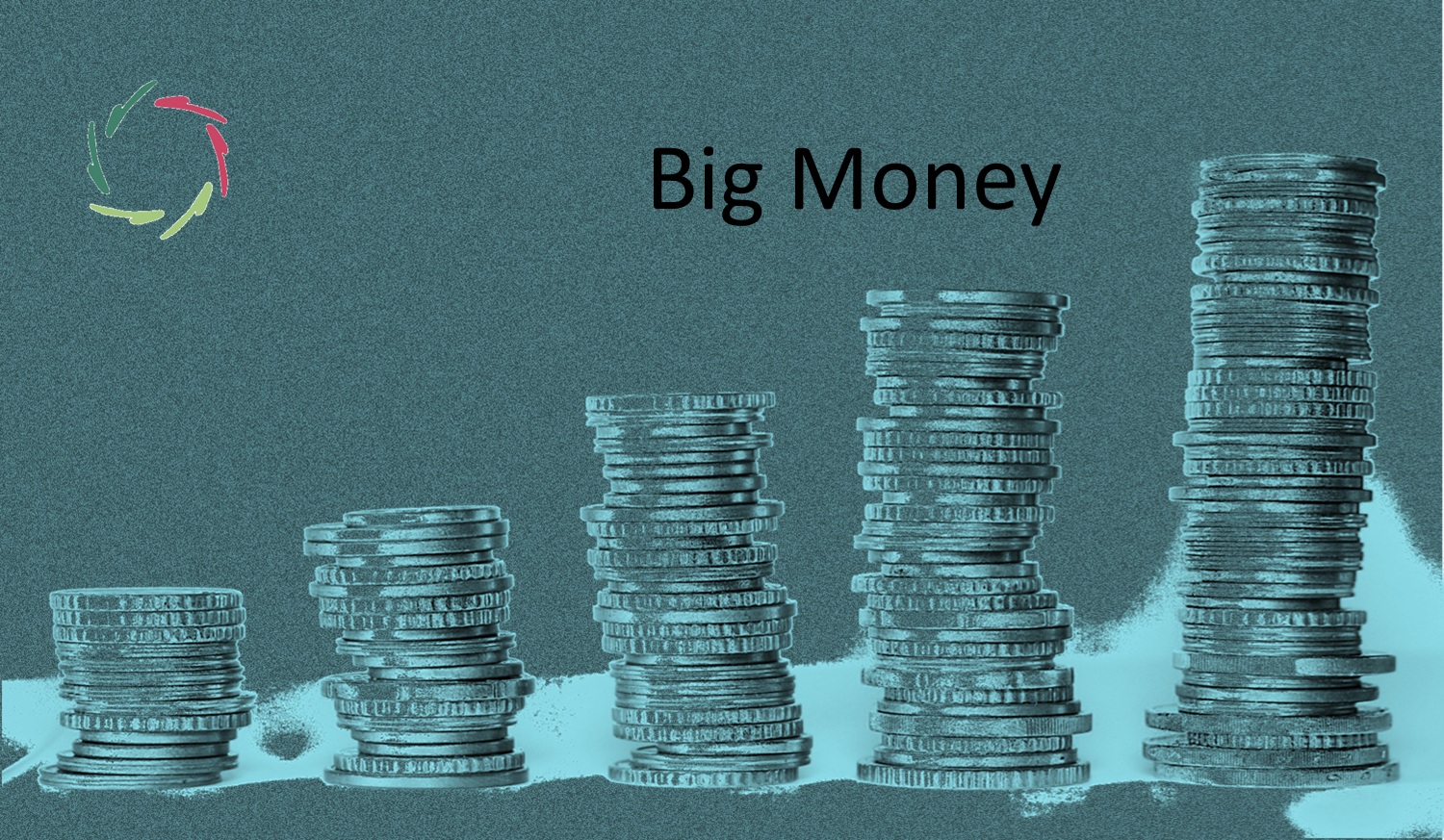Why the West is Scared

This is a personal, intuitive interpretation. Please take it with a grain of salt. It might invite you to form your own opinion.
‘The enemy’ is frequently used as a means to deal with being scared. This way, outside and inside enemies overlap.
Whence Angst?
We live in a peculiar time, I mean, for the last million years or so, a fraction of all time since the start of life on Earth. In this fraction, the second wave of attention has brought us the delight of ever more complex conscious thinking as well as its dangers and challenges.
Importantly, it has led us into a dissociative state where much of our thinking comes from a non-conscious functionality in the mind/brain. So, nature has given us:
- a pervading urge for control ― required by any organism to thrive and survive
- a conscious need to exert this urge for control
- an almost total lack, eventually, of the conscious equivalent of control over any single of our thoughts and feelings.
Understandably, this provokes tension. Since the origin of such tension may be all but clear, the feeling of control at least may be heightened by projecting it to elsewhere. This way, Angst occasionally turns into aggression.
Whence Western Angst?
There is a lot of Eigenangst in the West ― as arguably everywhere. However, the relatively recent Western history adds specific flavor.
Since the Western Enlightenment era, say, at least 250 years ago, the second wave has been rolling stronger, with good and bad as to be foreseen. Religious mumble jumble left center stage, unfortunately together with its propensity to bring deep meaningfulness to life. From the start, the idea of progress – in science, money, power – was an attempted substitute. One can see this in progress having symbolic value ― as if it will bring Heaven on Earth. We’ll see.
Of course, one should not disdain progress, but there is no use in making it a new religion ― leading to unnecessary trouble. At present, ensuing exaggerations coming from this are throwing the world into a lot of mayhem.
Self-justification
For a few centuries, the West has ruled the second wave and – upon this trend – has been ruling the world. This feels in the West like a forever-meant-to-be. However, before this time, the world’s powerhouse was the East, as it will become again soon. Might one discern in this a Hegelian dialectic?
During this relatively short interval, the West has tried to cope with its overflow of dissociation by seeing itself as history’s rightful Master. Surely, other civilizations should accord with this unipolar hegemony to become civilized in Western image? This arrogant stance serves the West to justify its evolution as being undeniably correct.
The present, geopolitically
Apparently, from around the start of the new millennium, non-Western cultures have stepped up with some protest against the just mentioned Western exaggerations. There is more to life than conceptually materialistic progress. There is more depth to be found than Western culture increasingly puts in. Different cultures have their ways of depth, which should not be destroyed by Western arrogance.
This scares the West even more since it needs its domination for self-justifying aims.
The China syndrome
China is rapidly becoming the main opportunity and threat to the West ― a situation one can see as an interesting challenge.
From a strictly Chinese standpoint, it is not evident why the West is scare-mongering and apparently looking for trouble. According to my intuition, this Western attitude has little to do with China and more with the West as such. As a result, the solution should come from the West, but China can help ― as the West can also help China in many respects.
Humble personal advice
What does not help, for instance, is China’s doggedly insisting on the ‘One China-policy.’ This scares the hell out of the West. Moreover, it looks more like revenge for past humiliations than anything else. Thus, it is not the most mature stance as would befit a millennia-old culture.
If China wants One China – and I have nothing against it – then China should deserve it. The good thing is that there is much change, democratization-Western-style even to some degree. Therefore, why not give it more time? Working on One China as a future grand ideal – why not even as a step toward planetarianism? – much shows how this may be reached sooner than by making it a breaking point as this term suggests.
My hope
The West seems scared and broken like a wounded animal. It lashes at the world but needs the world to mend itself. If so, the New West has many more gifts to bestow, and the world will be a better place.


